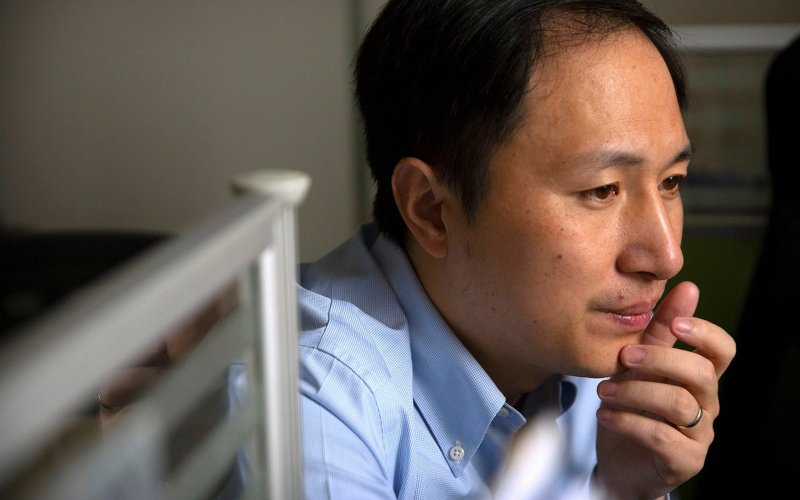When scientist He Jiankui announced he’d conducted an experiment that led to the birth of twin girls with CRISPR-edited genomes in November, the international scientific community swiftly condemned him. In the uproar that followed, the Chinese government, He’s university, and the hospital where the babies were born distanced themselves from the researcher.
…
Speculation swirled about whether, perhaps, elements within the Chinese government supported He’s work to get ahead of other countries also experimenting with CRISPR technology, later using He as a fall guy.
…
New York University bioethicist Arthur Caplan, who wasn’t involved in the research, pointed out that funding research on human embryos is not illegal in China, and it’s possible the government or He’s university “funded the human embryo research, but were not aware He was going to put them into women and try to produce a baby with modification.”
…
On the other hand, “If the documents are correct,” [Jane] Qiu writes at Stat, “they would suggest China is supporting research that the US and other countries consider unethical, and raise doubts about the preliminary conclusion of a government investigation that He acted mostly on his own.”
Read full, original post: CRISPR babies: the Chinese government may have known more than it let on































